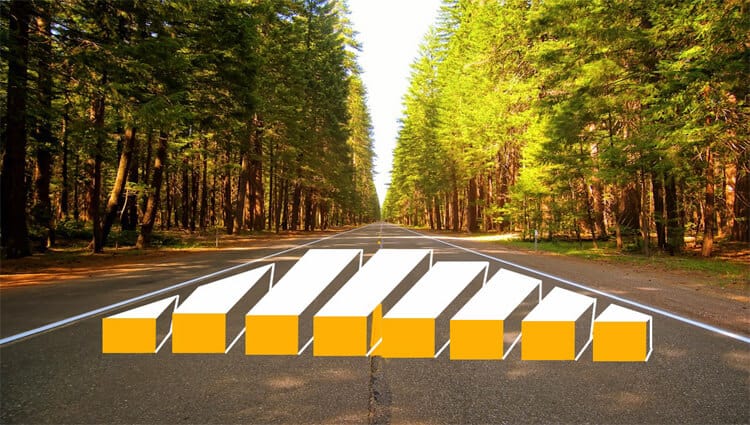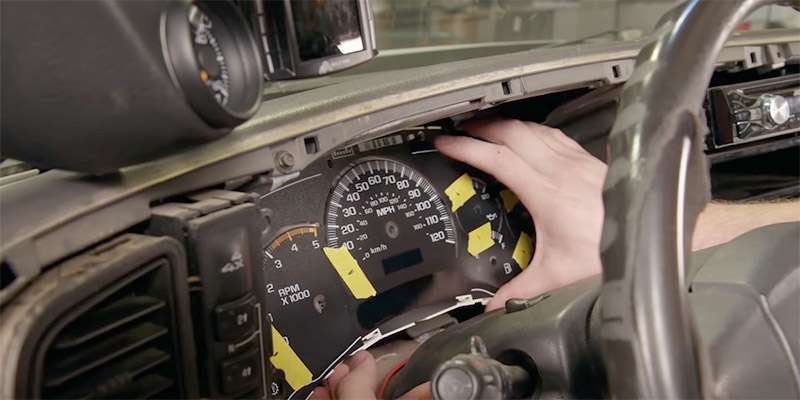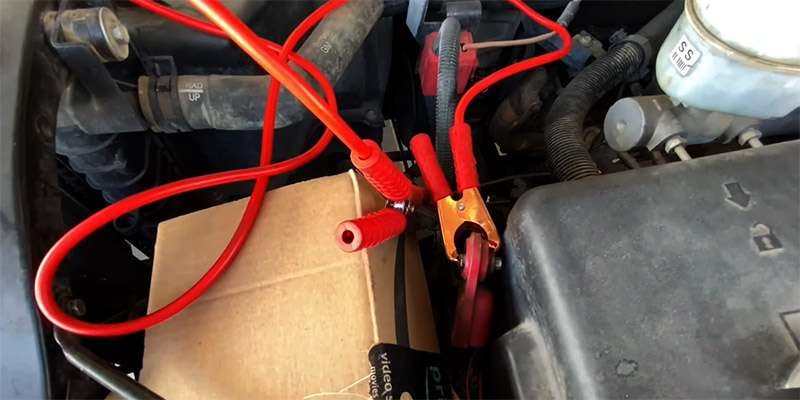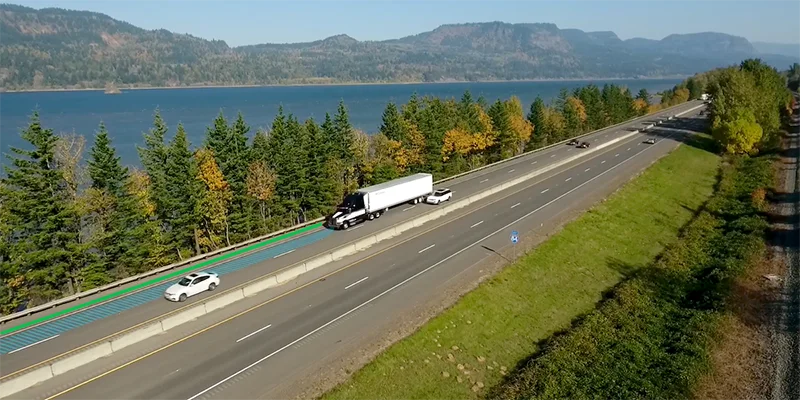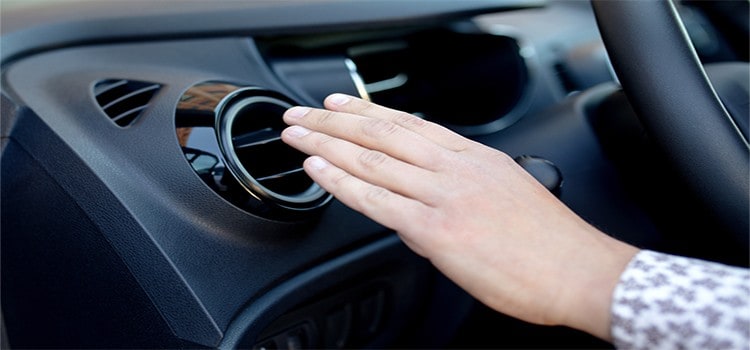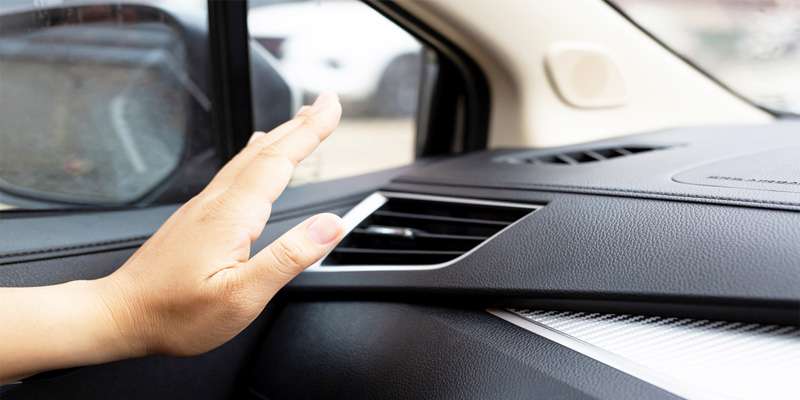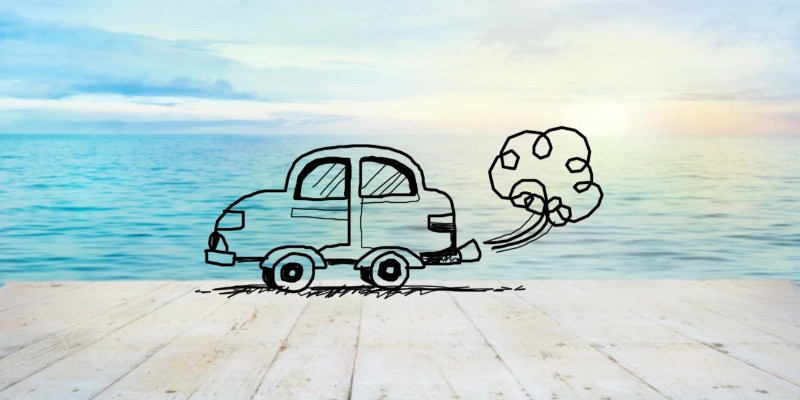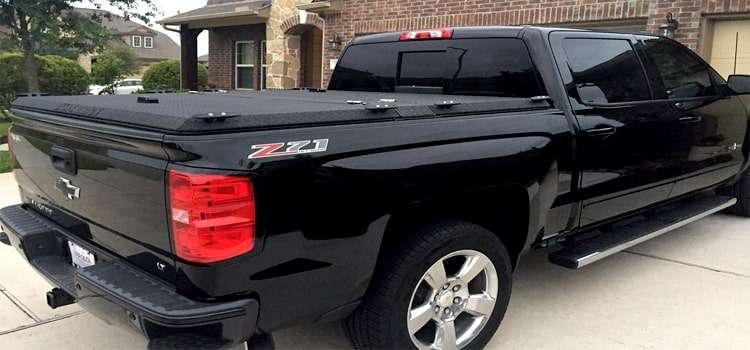Just Imagine!
You’re driving at highway speed. You’re enjoying the fresh air hitting your face. You feel invincible. For some reason, you turn your wheels to change the lane. A rattling sound starts coming from below your car.
However, you decide to drive on. After driving for some time, suddenly you hear a screeching noise and your car starts to turn. You see another car coming towards you and pretty soon you come up with snake eyes.
Is wheel bearing noise safe to drive? If you think yes, then this could actually happen to you. Don’t fret.
We’re here to save you. Car wheel bearing noise occurs mainly due to worn-out bearings. From here you’ll be able to know worn out wheel bearing symptoms and how to cure the problem. Let’s move on…
The reason behind wheel bearing noise
Wheel bearing gets worn-out because of three reasons.
- Bearings get contaminated
- They get run out of grease
- Mileage
There are basically three main enemies of a wheel bearing. Water, heat, and lack of lubrication.
Here’s how the bearing gets damaged-
- If the bearing seal breaks, then water, dirt and other contaminants get inside the bearing and jam it.
- Due to the lack of lubrication, the bearing starts to get more friction. And with more friction comes more heat. Eventually, the bearing will get damaged and make sounds.
Before panicking out determine if you really have a wheel bearing noise. After testing it out you can take the next steps.
Car wheel bearing noise diagnosis
Many people ask, how to tell if wheel bearings are bad. We say there are actually many ways. It’s easy to get confused with the different types of noises. They can be the muffler noise, the whining noise, the humming noise, or even a rattling noise, etc.
Symptoms of Car Wheel Bearing Noises
- A tire or wheel making loud noise is the most common symptom. You’ll notice a loud noise (like metal grinding) that gets louder with speed.
- Loose steering wheel: You’ll notice that your steering bobs too much.
- Popping, snapping or clicking sound: This sound will irritate you with every turn. While changing lanes or while taking a corner this will warn you.
- Rumbling or humming: These sounds also warn you about the worn-out bearing wheels. You’ll hear this sound even in a straight line. And as usual with turn the sound increases. Typically, the opposite side of the rumbling is considered the worn bearing side.
These are the simplest way to determine the problem. But sounds could be confusing so, here are some words to blow away your confusion.
Also Read: Wheel bearing replacement cost
Rear Differential Noise vs. Wheel Bearing Noise
Some people mix up the wheel bearing noise with rear differential noises. But there are some subtle differences in the noise. Rear differential noise is like-
- Howling sound. To be more specific, howling sounds while decelerating.
- A light whines around 35-60 mph. If you release the throttle it’ll go away and vice versa.
- A heavy clicking sound. This sound will occur within every 8 feet while accelerating or decelerating.
Moreover, there is a quick test to determine the noise source. Here are the quick steps of that test-
- Put the car in neutral.
- Jack up the end from where the sound is produced.
- Spin the wheels and try to determine where the sound is coming from.
If there is no sound, then you have problems in the rear differential. A rear differential fix is pretty straightforward. Lube it up. If not fixed, then change the parts.
[amazon box=”B0033DPIJE,B001KOYZRY,B082KVSPWF” template=”list”]
You can change the rear differential gasket or the pinion seal or the side seals.
Driving with Damaged Wheel Bearing: Safe or Not?
It’s impossible to say how long will a wheel bearing last after it starts making noises.
Some have claimed to drive with a damaged wheel bearing for thousands of miles. While some have complained that their wheel went flying just after 50 miles of the inception of the sound.
However, there’s one way to tell if the situation is an emergency or not. Jack up the damaged bearing side of your car. See if the sound-making wheel is playing or wobbling. If yes, then fix it as soon as possible.
So, it’s safe to say that you should not gamble with this problem no matter how low the noise is and fix it at the nearest possible time.
How to fix the Wheel Bearing Noise
Before fixing it up you need to specify the worn-out wheel bearing. This can be done by a test.
Wheel Bearing Sound Test
If you suspect that the sound is from wheel bearing, then use this test to be sure.
Determining the Front Bearings
- Drive-by a wall with open windows.
- Next, take a sharp turn.
- If there is a constant noise, then you have a damaged bearing.
- If the turn was on the right, then the left side bearings are damaged.
Some people say that the bearing noise goes away when turning left. And they face wheel bearing noise when turning right. This can be explained by physics.
When turning the weight of your car increase on one side and decrease on the other. This changes the pressure on your car bearings. As a result, one time you get the loud noise and vice-versa.
Pinpointing the Bearing
Now that you have known the side of the bearing, it’s time you pinpointed it. Follow the first three steps from the rear differential test. Then add these two steps-
- Take a long screwdriver. Place it on the hub and near the wheel bearings. Stethoscopes are better options in this situation.
- Listen through the handle of the tool. Listen closely to determine the culprit.
Now, if you actually have problems with the wheel bearing, then it’s time to dig deeper.
The Process
Bearing noise has 2 solutions.
- Lube it.
- Replace it.
Both of these tasks aren’t actually DIY jobs. Especially, changing the wheel bearings. Reaching the wheel bearing alone is a complex process. So, it’s better if you leave it to the experts.
New Wheel Bearing Squeak
If the bearings were properly installed, then it’s possible to have noises from new bearing sets.
But determine the problem first. Jack up your car and look for areas with a fresh rub spot. Just give the whole thing a thorough check. It could even be your dust shields.
Takeaway
If you are sitting in a car and reading this right now, then bring out your jack and check the problem. If it’s worn wheel bearing noise, then drive carefully to the nearest workshop.
Drive soft to prolong your wheel bearing life and good luck.
 Skip to content
Skip to content
